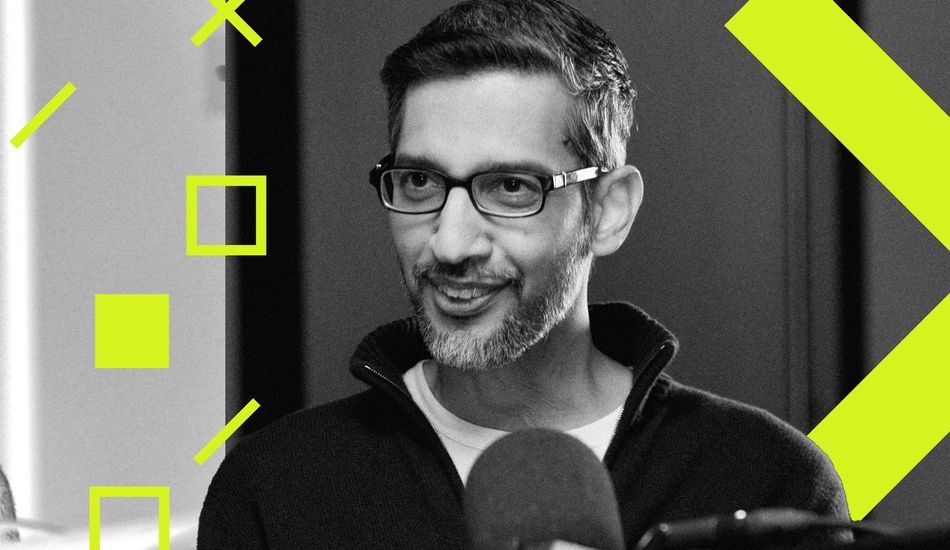
Sundar Pichai on AI and Googles Future
A recent conversation with Alphabet and Google CEO Sundar Pichai revealed a confident Google, actively pushing the boundaries of AI. The discussion centered on the significant advancements in AI and its implications for various sectors. Pichai highlighted a new phase in the AI platform shift, moving beyond mere capabilities to the development of impactful products. This shift is envisioned to empower a broader range of individuals to create and innovate using AI, mirroring the impact of previous platform shifts like the rise of mobile technology. He compared this phase to the early days of the internet and mobile, where new mediums emerged, enabling unprecedented creativity and expression.
AI's impact on search and the web
The discussion extensively covered Google's new AI Mode and its potential impact on the web. While acknowledging the concerns of publishers regarding revenue and potential "theft" of content, Pichai emphasized Google's commitment to sending more traffic to a wider range of websites. He highlighted the continuous growth in web pages and the evolving nature of content creation and consumption. The potential for AI to seamlessly bridge different content formats was also explored. However, the debate around the long-term effects on publishers and the balance between facilitating access to information and ensuring fair compensation remains a key area of contention.
The future of AI hardware and competition
Pichai discussed the progress of AI-powered augmented reality glasses and anticipated a significant increase in user adoption in the coming year. He acknowledged the intense competition in this emerging field, referencing the collaboration between Jony Ive and OpenAI as a compelling example. The conversation also touched on the ongoing antitrust lawsuits and Google's commitment to maintaining the integrity of its search algorithms, even in the face of political pressure. The possibility of a future where AI agents interact with the web primarily as a series of databases rather than websites was explored, raising important questions regarding the future of business models in sectors like ride-sharing and online hospitality.
Source: The Verge